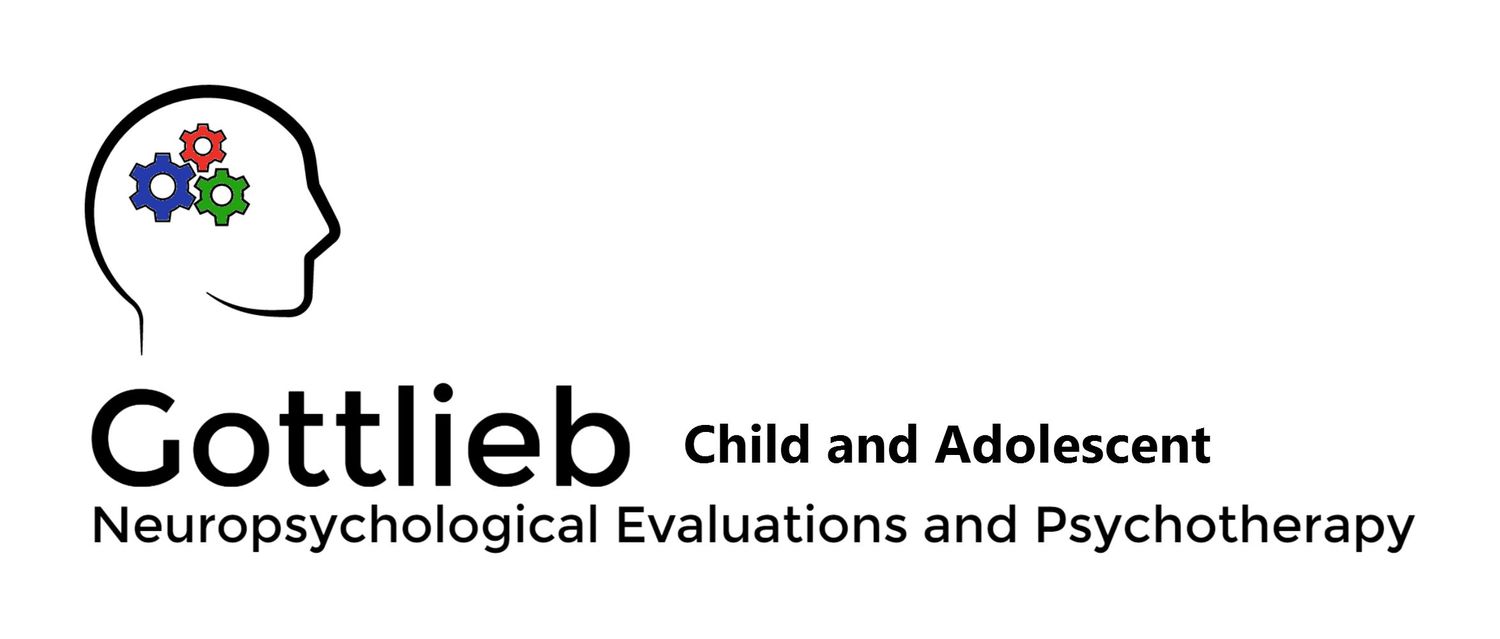Strategies for Teachers: How to talk to parents about their child’s classroom struggles
/As a psychologist who specializes in neuropsychological and psychoeducational evaluations, I see many parents who have recently received recommendations from their child’s teacher or school support staff that they should consider having their child assessed. Parents, and sometimes the child himself or herself, may be worried when they arrive for an intake meeting. They might have questions about the testing process, concerns about the child’s school performance, or could be struggling to process the situation. However, I am rarely the initial point of contact for these families. Rather, teachers (and pediatricians) are often the first to notice when a child is struggling.
Teachers see students on a daily basis and have unique insight into a given child’s academic, behavioral, and social functioning. In addition, they have age-based comparative data. Therefore, teachers are often one of the first people to notice when a student is struggling due to attention and learning challenges, processing concerns, or behavioral issues. This role is both influential and challenging. Even when parents are aware that there is an issue, it is difficult to hear their child is struggling. Therefore, it is particularly important for teachers to consider how they convey this information in a way that is compassionate, honest, and clear. Ultimately, the goal is to work together with the parents, child, and other professionals for a supportive, team approach.
Throughout my clinical work, I have developed a list of techniques and strategies that tend to be effective in this challenging situation.
1. Contact parents early. When a child is struggling in the classroom, early intervention is very important and typically leads to the best outcomes. Over time, if the problem is not addressed, the child will fall further behind. In addition, what may begin as an academic or attention-based challenge, can lead to feelings of low self-esteem and growing social-emotional difficulties. Furthermore, parents typically appreciate ongoing feedback, rather than waiting until the issue has reached “crisis mode.” The evidence is overwhelming; the sooner developmental delays or learning disabilities are addressed, the better the outcome for the child.
2. Create a “positive-feedback sandwich.” People are typically more receptive to constructive feedback if you position it between two positive comments. Begin with a positive experience you had with the student. Then, express your concerns while also explaining ways that you and the child are already working together to address the challenge. Keep in mind, it often helps to provide specific scenarios, as they can be easier to process than broad generalizations. Finally, as the sandwich metaphor implies, end on a positive note by giving the parents a genuine compliment about their child.
3. Listen to the parents. While it is important for you to keep the parents informed about what is going on in the classroom with their child, it is typically very helpful to listen first. Ask the parents about their observations at home regarding homework, any history of learning challenges, or if they have any concerns. Ask the parents about their child’s strengths and weaknesses, interests outside of school, and how he or she talks about his or her school day. Do you see similar challenges in the classroom? Remember, everyone behaves differently in unique environments. This does not mean observations in one setting are “correct” and the other is not.
4. Recommend solutions that incorporate the school, parents, and child. Often teachers make the mistake of thinking they must develop the solutions to a child’s classroom struggles on their own. Instead, think of the student’s parents, and other relevant professionals, as part of a team. It is important to offer solutions from your own unique perspective, while also asking for suggestions and input. This approach can help parents and students regain a sense of control and agency amidst a challenging situation.
5. Avoid using labels too soon in conversation. While you may have a sense that a child is likely to have a specific learning disability, attention challenge, or processing issue, it is important not to label his or her behavior prematurely. Although labels can be very helpful after the complete picture has been assessed, they can be limiting if used before various causes are considered. In addition, certain terms can be difficult for parents to hear and may not encourage openness and collaboration.
I consider teachers and other educational professionals to be my partners in working with children and their families. Please feel free to contact me (703-825-0502) with any questions you may have regarding how to speak to parents about their child’s classroom struggles. I look forward to working with you, your students, and their families.
Shira Gottlieb, Psy.D., Licensed Clinical Psychologist
Dr. Gottlieb is a licensed clinical psychologist. She received her B.A. in psychology, with a minor in neurobiology, from Harvard University, and her Psy.D. from the George Washington University. Dr. Gottlieb works with children and adolescents, and their families, to provide comprehensive neuropsychological and psychoeducational assessments to better understand the individual child’s attention capacities, learning profile, emotional functioning, and behavioral presentation. For more information on Dr. Gottlieb please visit her website at http://www.gottliebchildpsych.com/


